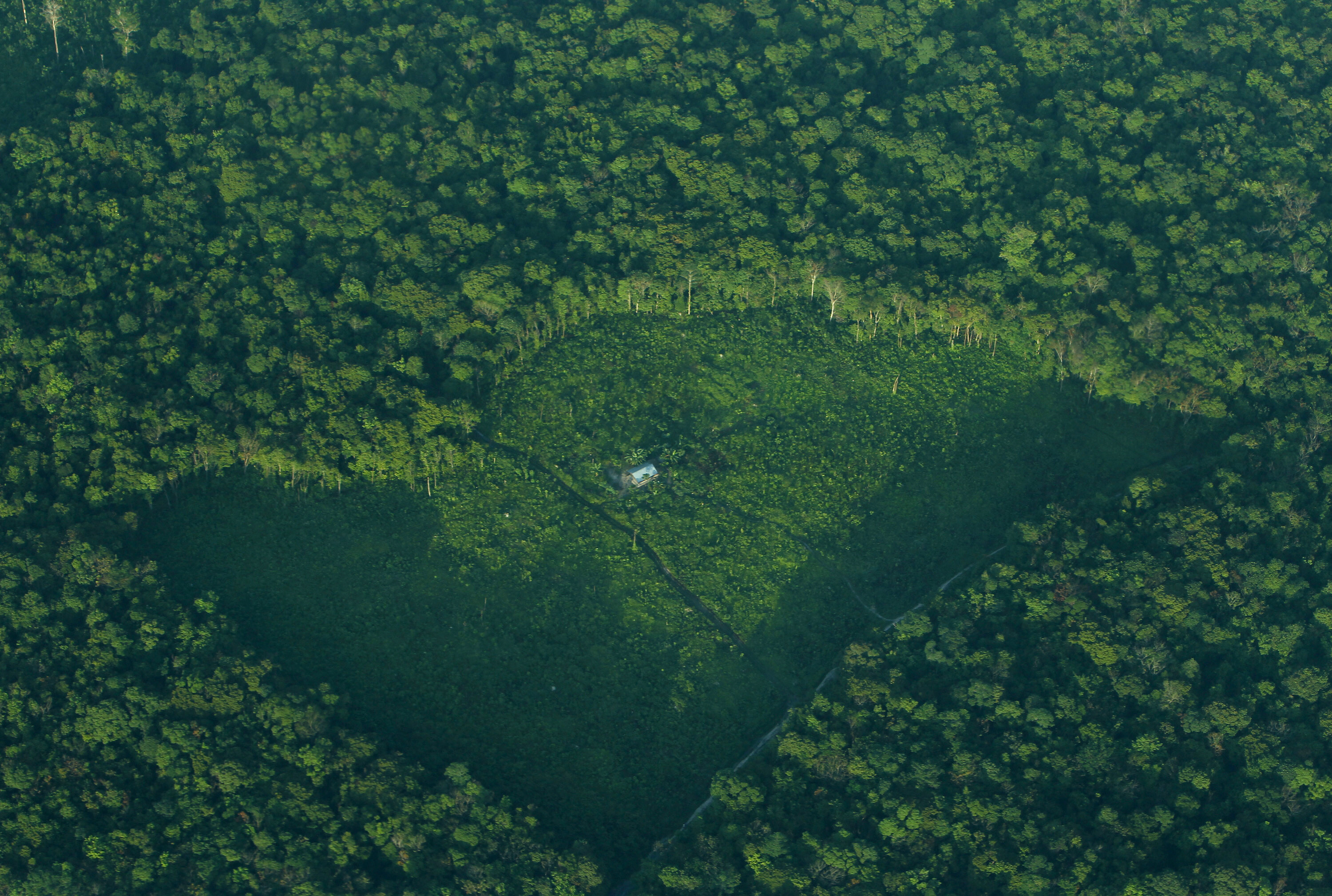You may have heard data is the new oil. It's not

'While data and oil can both generate value, the parallels stop there Image: REUTERS/Akintunde Akinleye
We’ve seen it used numerous times, from the cover of prominent publications to speeches by Fortune 500 CEOs and world leaders: “data is the new oil”.
But, while data and oil can both generate value, the parallels stop there. Treating data like oil has led some governments to hoard data in silos, locked behind borders. The result? A reduction of both economic and social benefits.
There is a fixed amount of oil on our planet to be extracted. Unlike oil, increasing amounts of data are being generated at a pace that’s hard to fathom: in the next two years, 40 zettabytes of data will be created – an amount so large that there is no useful framing exercise to demonstrate its size and scope. It’s roughly equivalent to 4 million years of HD video or five billion Libraries of Congress.

The value of oil comes from its scarcity and the difficulty of extracting it from new, untapped locations. However, it is increasingly easy to produce massive amounts of data. For example, data is both created and used by autonomous vehicles interacting with connected infrastructure in a smart city. In San Francisco alone there are 470,000 registered cars (not including buses, motorcycles, or other commercial vehicles). If just 25% of those cars were autonomous, the amount of data produced yearly would be the same as about 300,000,000 internet users or roughly all of Twitter. Imagine that scaled to an entire country and it is easy to understand that data is not in short supply.
Oil is also a single-use commodity, while data can be reused and shared for new purposes and insights. Recently, data from a clinical trial of drugs commonly used to treat heart disease was reused leading to the discovery of a second use for the medicine: destroying a protein associated with nearly half of all cancers. Combining data generated by doctors in clinics with data from scientific research is supporting innovation in cancer research and informing more precise treatment plans. In comparison, adding more oil doesn’t result in getting better quality oil.
Unlike oil, the value of data doesn’t grow by merely accumulating more. It is the insights generated through analytics and combinations of different data sets that generate the real value.
Data also needs to be collected and maintained in a usable and accessible format in order to achieve these economic benefits. Currently, a staggeringly low 10% of all data is collected in a format that allows for easy analysis and sharing. The more data collected, the greater the complexity of the IT system needed to extract value and maintain proper protection. Merely collecting more and more data, without a clear use or data governance plan, results in more cost and liability than benefit. In addition, there’s the risk factor of being exposed to unauthorized access or a hack and the cost of the servers to host the data, which increase by anywhere from 10%-60% if there are requirements that the data be localized within a specific jurisdiction.
As long as privacy and security are maintained, restricting and storing data behind borders doesn’t just result in economic detriment – where the movement of data across borders generates yearly global economic gains equivalent to the GDP of France – but also hinders broader social good. In addition to the earlier examples of improved cancer treatment, data transfers are an essential component of creating worldwide benefits, from ensuring sustainable and healthy oceans to providing disaster relief. If data was stuck in one location, we wouldn’t have been able to provide a quick and easy way for you to let loved ones know you are safe during recent terrorist attacks.
So the next time you hear someone say “data is the new oil”, ask them when the earth will have no more data to extract and see if you get an answer.
Don't miss any update on this topic
Create a free account and access your personalized content collection with our latest publications and analyses.
License and Republishing
World Economic Forum articles may be republished in accordance with the Creative Commons Attribution-NonCommercial-NoDerivatives 4.0 International Public License, and in accordance with our Terms of Use.
The views expressed in this article are those of the author alone and not the World Economic Forum.
Stay up to date:
Data Science
Forum Stories newsletter
Bringing you weekly curated insights and analysis on the global issues that matter.
More on Global CooperationSee all
Sebastian Buckup and Maximilian Martin
November 13, 2025






